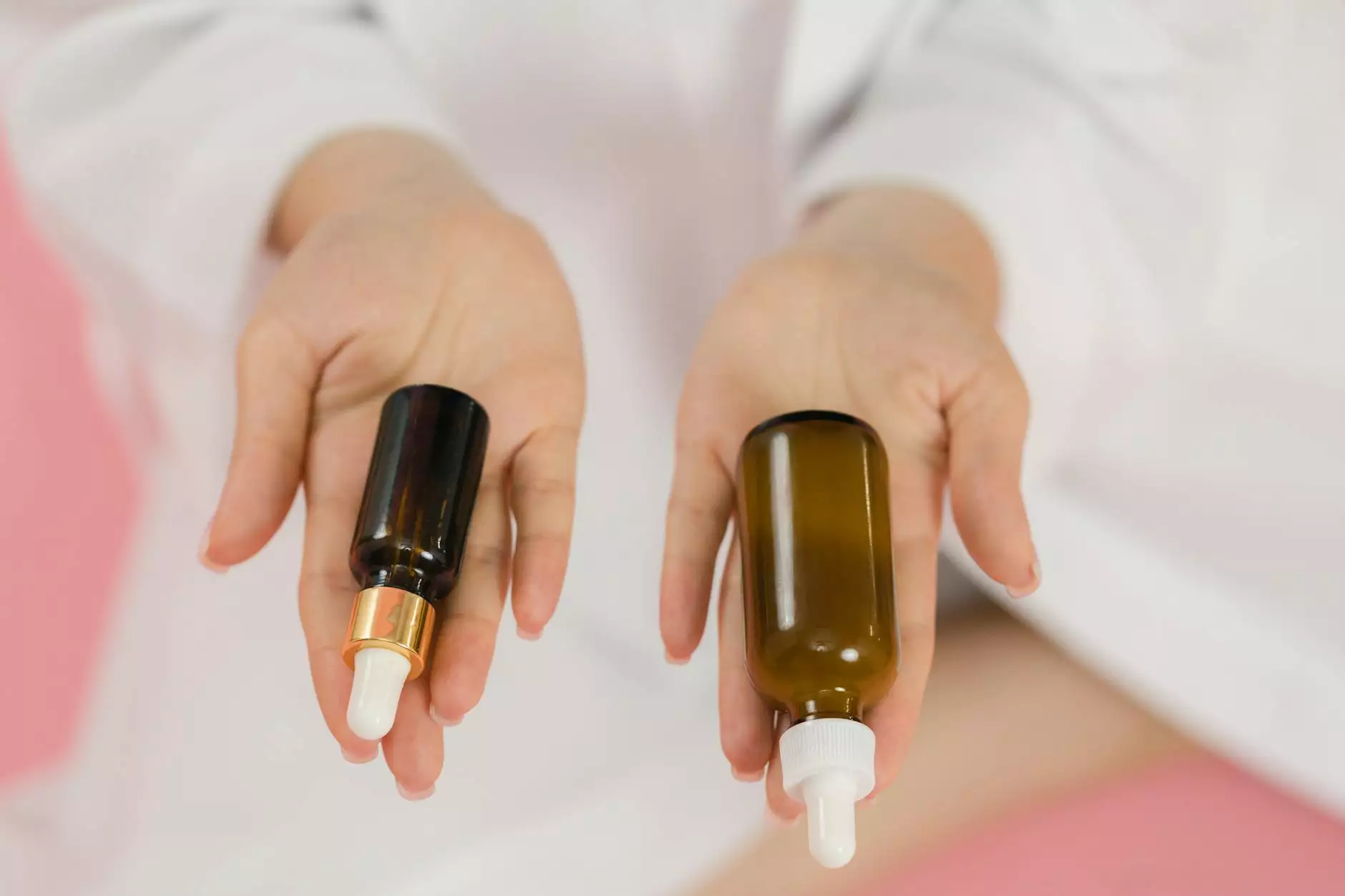Understanding the Importance of Horse Injections in Equine Care

When it comes to maintaining the health and performance of our beloved equine companions, horse injections play a pivotal role. As owners, trainers, and caretakers, ensuring that our horses receive the proper medical care is essential, particularly in the competitive world of racing and performance. This article delves into the numerous aspects of horse injections, their benefits, and how they contribute to the overall health and performance of horses.
The Basics of Horse Injections
Horse injections involve administering medications or vaccines directly into a horse’s body through a syringe. There are various types of horse injections, each serving distinct purposes. The most common categories include:
- Vaccinations: Essential for preventing infectious diseases.
- Anti-inflammatory drugs: Used to reduce swelling and relieve pain.
- Joint injections: Target specific joints to alleviate pain and promote healing.
- Hormonal treatments: Help manage reproductive issues or hormonal imbalances.
With regular veterinary care, these injections can greatly enhance the quality of care our horses receive.
Why Are Horse Injections Important?
The significance of horse injections cannot be overstated. Their advantages extend beyond mere soreness relief; they are integral to maintaining the health of hard-working and competitive horses. Here are some key points on why these injections are important:
1. Prevention of Diseases
One of the foremost benefits of horse injections is their role in disease prevention. Vaccines are our first line of defense against numerous infectious diseases that could adversely affect a horse’s health, such as:
- Equine Influenza
- West Nile Virus
- EEE/WEE (Eastern/Western Equine Encephalitis)
- Tetanus
By keeping vaccinations up-to-date, we can significantly reduce the risk of outbreaks in stables and farms.
2. Pain Management and Recovery
Injections often contain anti-inflammatory medications such as steroids or other analgesics that help manage pain stemming from injuries, arthritis, or strains. This is particularly crucial for competitive horses, which might push their bodies to the limits.
3. Enhancing Performance
A horse that is free from pain and illness is one that can perform at its best. Injections can target specific areas of concern, allowing horses to recover faster and return to training or competition:
- Joint injections: Reduce inflammation and improve mobility.
- Muscle relaxants: Alleviate muscle stiffness, enhancing flexibility.
4. Hormonal Regulation
For breeding mares or competition stallions, hormonal injections can regulate reproductive cycles or address hormonal imbalances, aiding in breeding management and ensuring healthy offspring.
Types of Common Horse Injections
Understanding the various types of horse injections available is crucial for any horse owner or caretaker. Here are some of the most prevalent ones:
1. Vaccines
Vaccinations are designed to stimulate the horse's immune system. Common vaccines include:
- West Nile Virus Vaccine
- Equine Influenza Vaccine
- Tetanus Toxoid Vaccine
2. Corticosteroid Injections
Corticosteroids are often used to manage inflammation and pain associated with joint issues or laminitis. They help in:
- Reducing inflammation
- Alleviating pain
- Improving mobility
3. Platelet-Rich Plasma (PRP) Injections
PRP therapy utilizes the horse’s own blood components to promote healing in soft tissue injuries. This is an excellent option for:
- Tendon injuries
- Ligament damage
4. Hyaluronic Acid Injections
For horses suffering from joint pain or osteoarthritis, hyaluronic acid can enhance joint lubrication, decrease friction, and promote movement. It is commonly used in conjunction with:
- Bone marrow concentrate injections
- Stem cell therapy
How to Prepare for Horse Injections
When planning for horse injections, proper preparation can make a significant difference in the overall experience for both the horse and the veterinarian:
- Consult with a Veterinarian: Always seek advice from a qualified veterinarian to determine the right type of injection.
- Know the Schedule: Maintain a vaccination schedule to ensure your horse is up-to-date.
- Health Assessment: Ensure your horse is in good health before administering any injections.
- Keep the Environment Calm: A calm horse is easier to inject; consider a quiet space.
Post-Injection Care
After your horse receives an injection, there are a few steps to follow to ensure proper recovery:
- Monitor the Injection Site: Check for swelling or signs of infection at the injection site.
- Rest: Give your horse time to recover after administration.
- Follow Medication Protocols: If prescribed drugs, ensure they are administered correctly and on time.
Finding the Right Veterinary Service for Horse Injections
Choosing the right veterinarian for administering horse injections and managing equine health is essential. At racehorsemedcare.com, we pride ourselves on providing excellent veterinary services tailored to your horse’s specific needs. Here’s why our services stand out:
1. Expertise and Experience
Our team of skilled veterinarians has years of experience in administering horse injections and understanding equine health complexities.
2. Customized Care Plans
We provide tailored care plans for each horse, ensuring that their vaccination and care needs are met comprehensively.
3. State-of-the-Art Facilities
Our clinic is equipped with the latest technology to ensure safe and effective treatment for your horse.
4. Ongoing Support
We offer follow-up consultations and support, ensuring that both horse and owner are well-informed throughout the treatment process.
Conclusion
In summary, horse injections are a fundamental part of equine health and management. Understanding their importance allows horse owners to provide the best care for their animals. From vaccinations that prevent disease to injections that enhance performance, every aspect of horse injections contributes to a horse’s overall well-being. At racehorsemedcare.com, we are committed to ensuring your horses receive the highest standard of care, helping them lead healthy, productive lives. Investing in your horse's health is truly an investment in their future.









